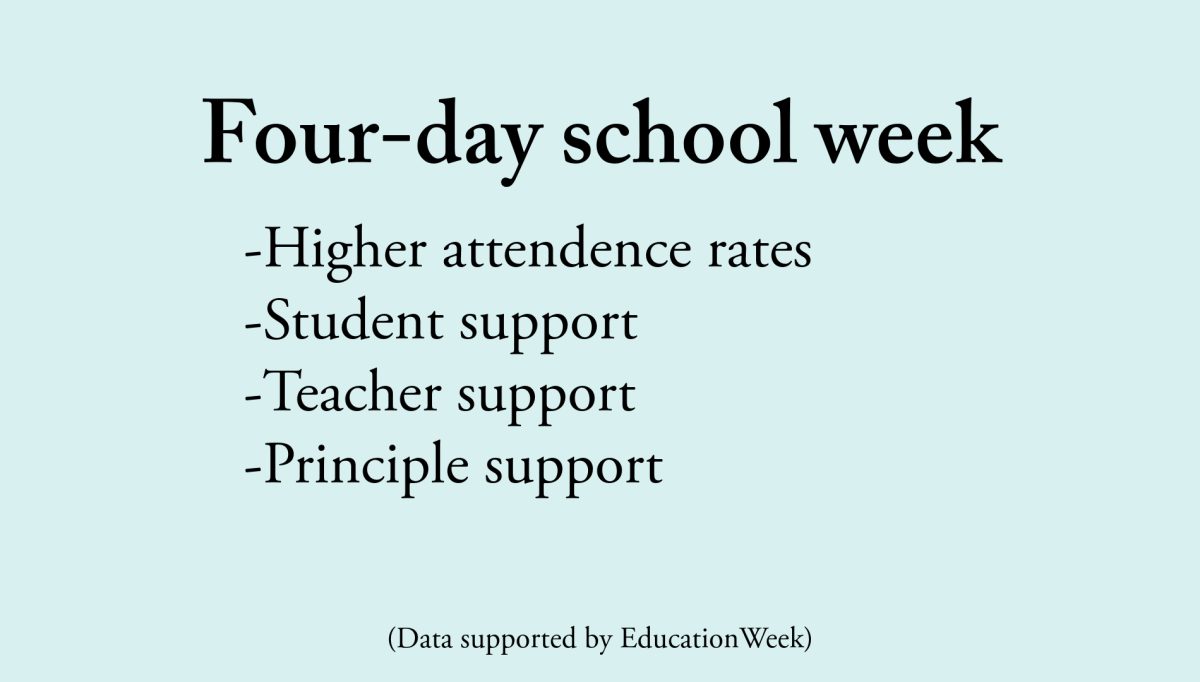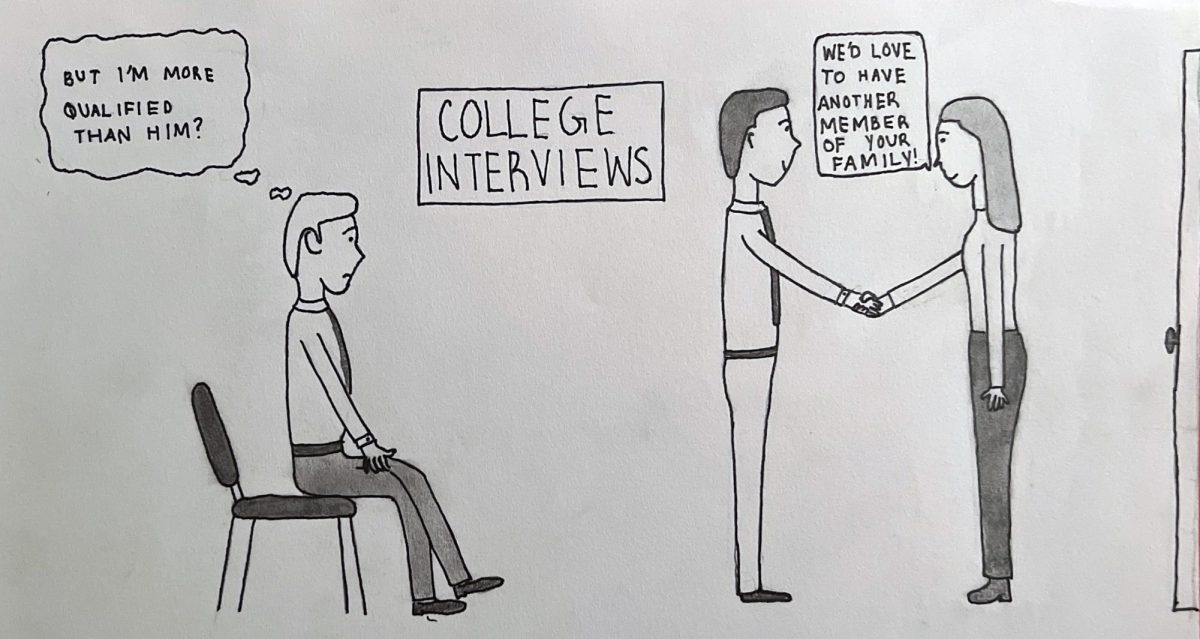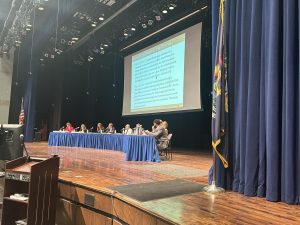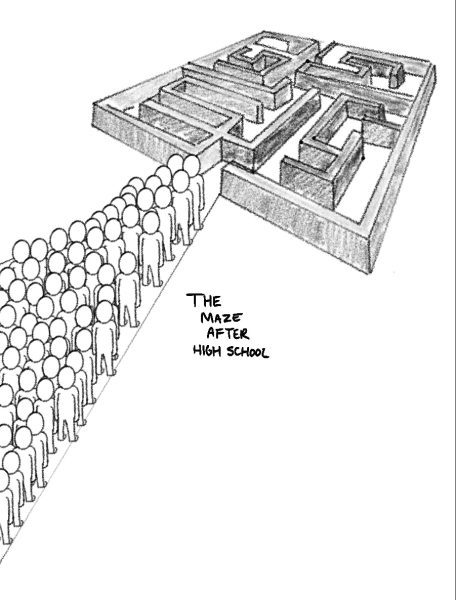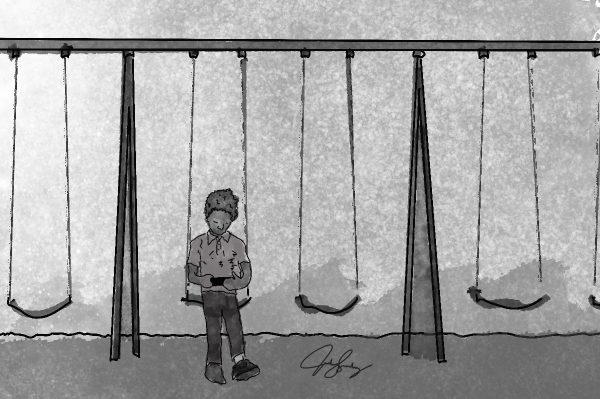The long lineage of luck
March 3, 2023
In American schooling, and for the entirety of adolescent life, kids are conditioned that “accomplishment” is defined by good grades and academic achievement, and that there is immense pressure in the outcome of high school years. The colleges attended, the job someone holds, the money they make, and their social status are to be hinged on four years of high school, all before adolescents have fully developed brains.
However, we at the Tower believe these are arbitrary means of defining someone’s value to the world, and that the pressure put on kids in public schooling is too much. We believe this contributes to increased depression, anxiety, and the suicide rate for kids in the 21st century as found by the Walton Family Foundation, a philanthropic foundation focused on providing opportunity for K-12 education.
We at Tower also believe that there is immense societal pressure to “succeed” in life. From social media, to the classroom, there is a constant importance placed on performance at school. Nonetheless, cases of excellent grades, great positions of leadership, and good test scores have not admitted kids at the top of their class into their dream schools, or even schools deemed “more prestigious” than others. Often, admittance into colleges is situational and based on someone’s family, or connections to their preferred school. Everything is based on preexisting conditions, or “luck.” All the stress and pressure ultimately amounts to nothing. Regardless of one’s efforts, “succession”, or even not “succeeding” in life is up to chance. “Luck” is not equal, and is fundamentally unfair.
We at The Tower believe that students should be given completely equal opportunities in high school and college, and that life should not be hinged on the very fundamental and foundational years before adulthood, rather than leaving everything up to “luck.”
Kids experience the pressure to do well academically, while simultaneously juggling significant amounts of work, with the hopes of making it to the very best colleges in the nation. Instead, high school should be a time to explore interests and passions, rather than the indicator of the rest of life. High school should not spell “success” or “failure. “ Colleges are not what entirely define life after high school, and should not be treated as such, as found in a study from economists Stacy Berg Dale and Alan B. Krueger, who belong to the National Bureau of Economic Research.
It was found that the prestige of colleges is trivial in the later avenues of life, and that SAT scores, grade point averages, and other statistics simply exemplify intelligence. The university an applicant attended is of little importance to an employer. An applicant’s experience, portfolio, or qualifications are of more weight.
Ideally, adolescence should be kept as a time for exploring life, and where to take it, rather than a time to focus on the arbitrary numbers that college admittance is to be hinged upon. There is a general societal pressure to “succeed,” when in reality, it doesn’t matter as much as it is made out to.
Aiding in ways to explore passions, without pressure, and assisting in finding out what to do later in life would help kids as they mature into adults, rather than the current cultural standard in place now.

















































